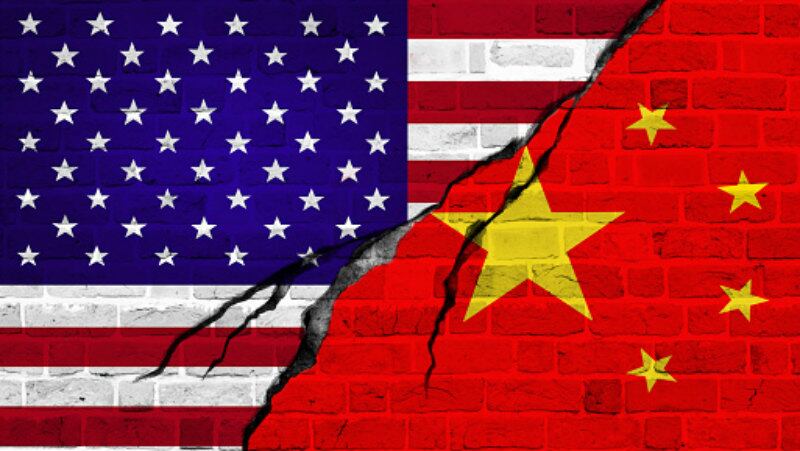Cash crop: Thai authorities approve use of hemp in food, cosmetics and CBD in herbal products
Hemp and CBD are now allowed for use in herbal products made in Thailand after the authorities relaxed restrictions on their use.
The country issued a royal gazette, which allowed hemp to be used in herbal products, food, and cosmetics, with effect from Aug 27.
The Thai government also removed cannabis and hemp extracts with THC content of less than 0.2% from the list of banned narcotics substances.
Better quality: China adds new requirements to product labelling and health food raw materials filling
Health foods firms selling to China will need to adhere to more product labelling requirements in January next year and new guidelines for raw material filling process will kick in from next month.
It comes after China’s State Administration of Market Regulation (SAMR) announced new labelling guidelines for health foods and the use of health food ingredients for filing and functional health claims.
A major change is that health foods manufacturers will have to change the current warning sign “This product cannot replace medicines” to “Health foods are not medicines, they cannot replace medicines in treating diseases.”
Hazard reduction: FSSAI mandates compulsory third-party food safety audits in six ‘high-risk’ categories
The Food Safety and Standards Authority of India (FSSAI) has issued a formal order mandating compulsory third party food safety auditing for all food companies that deal in ‘high-risk’ product categories in hopes of reducing the need for frequent government inspections.
According to the order document, the agency has designated six such ‘high-risk’ food categories: Dairy, meat, fish, eggs, foods for nutritional uses (e.g. infant nutrition), prepared foods and products related/sourced from these.
“The food businesses subject to mandatory food safety auditing [in these categories] shall get [the] business audited by a recognized auditing agency at intervals as specified by [FSSAI],” said FSSAI Executive Director (Compliance Strategy) Dr Shobhit Jain, who issued the order.
CBD potential in APAC: Regulations and history have laid strong foundation for market growth - Elixinol
The regulatory framework and the history of using medicinal cannabis in the APAC market have laid a strong foundation for the expansion of CBD supplements in the region, according to manufacturer Elixinol.
The company sees the Japanese market as one of its biggest successes, where it first entered in 2015 via the establishment of the Hemp Foods Japan, and now also operates under Elixinol Japan.
The firm currently sells hemp extract, hemp oil, CBD roll-on, and even pet treats in Japan.
Kiwi, beef and mussel: New Zealand High Value Challenge highlights functional benefits to boost exports
New Zealand’s High-Value Nutrition National Science Challenge is collaborating with research institutions to use science to reinforce the nutritional value of local foods – kiwi, wagyu beef and mussels - in a bid to drive export value.
The High-Value Nutrition National Science Challenge is a 10-year government-funded initiative which will wrap up in year 2024. It aims to transform the reputation of New Zealand’s foods from “safe” to “safe and good for health”.
The hope is that this will in turn drive greater food exports.





